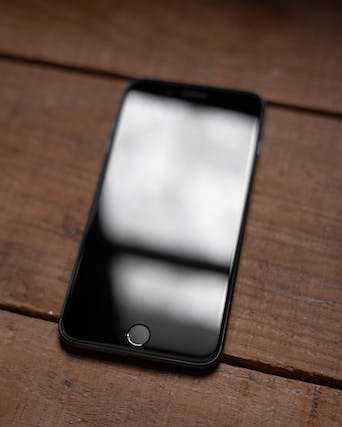Glass screens have become an integral part of our daily lives, seamlessly blending with the modern technological landscape. From smartphones and tablets to laptops and smart TVs, these sleek, transparent surfaces have revolutionized the way we interact with and consume information. In this article, we will explore the evolution and impact of glass screens in modern technology.
The Early Days:
The journey of glass screens in technology can be traced back to the cathode ray tube (CRT) displays of early computers and televisions. These bulky and heavy screens were coated with a layer of glass to protect the delicate electronic components within. However, they were far from the sleek and sophisticated displays we are accustomed to today.
The Advent of Flat Panel Displays:
The transition from CRT to flat panel displays marked a significant turning point in the development of glass screens. Liquid Crystal Displays (LCDs), followed by Light Emitting Diodes (LEDs), ushered in an era of thinner, lighter, and more energy-efficient screens. Glass became the material of choice for these displays due to its optical clarity and durability.
Touchscreen Revolution:
One of the most transformative advancements in glass screen technology was the introduction of touchscreens. The first resistive touchscreens were pressure-sensitive and required a stylus for input. Capacitive touchscreens, which respond to the electrical conductivity of a user's fingertip, later became the standard for smartphones and tablets. This innovation allowed for more intuitive and direct interaction with devices, paving the way for the touchscreen revolution.
Gorilla Glass and Durability:
As devices became more portable, the need for durable and scratch-resistant glass became paramount. Corning's Gorilla Glass emerged as a frontrunner, providing a tough and damage-resistant surface without compromising on clarity or touch sensitivity. Gorilla Glass has since become a staple in the manufacturing of smartphones and other portable devices, contributing significantly to the longevity and resilience of modern gadgets.
Flexible and Foldable Displays:
Recent years have witnessed the emergence of flexible and foldable displays, pushing the boundaries of traditional glass screen design. Foldable smartphones and tablets, such as the Samsung Galaxy Fold, utilize flexible glass to enable new form factors and enhance user experiences. These innovations showcase the versatility of glass screens in adapting to evolving consumer demands.
Smart Glasses and Augmented Reality:
Beyond handheld devices, glass screens have found their way into smart glasses, contributing to the development of augmented reality (AR) technology. Smart glasses overlay digital information onto the user's field of view, creating immersive and interactive experiences. Glass screens play a pivotal role in delivering clear and vibrant visuals, making AR more accessible and compelling.
Environmental Considerations:
While glass screens have undeniably transformed technology, there are environmental concerns associated with their production and disposal. Efforts are being made to develop more sustainable manufacturing processes and recycling methods to mitigate the environmental impact of electronic waste, including glass screens.
Conclusion:
Glass screens have come a long way from their humble beginnings in cathode ray tube displays to the sophisticated, flexible, and durable surfaces we interact with today. As technology continues to evolve, so too will the role of glass screens in shaping the way we engage with information and each other. From smartphones to smart glasses, these transparent interfaces will likely continue to be at the forefront of innovation, enhancing the user experience and pushing the boundaries of what is possible in the digital age.


No comments yet